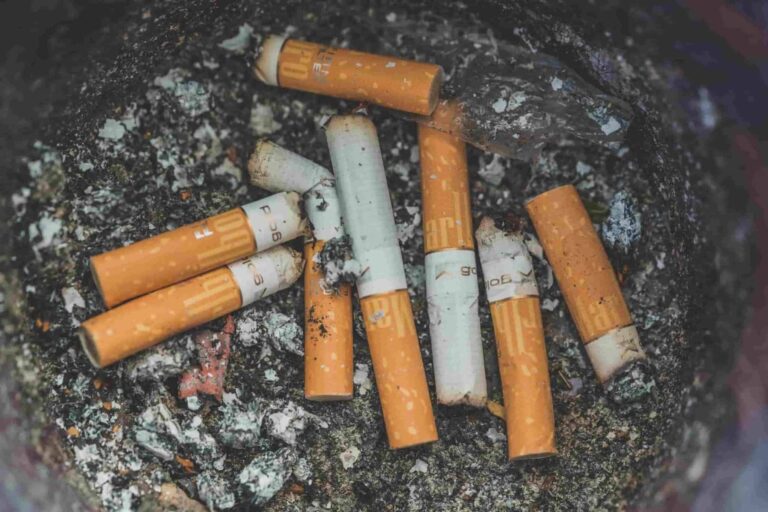Over the years working as a clinical psychologist with patients who are struggling to overcome an addiction, I’ve come to understand this about their struggle….
Over the years working as a clinical psychologist with patients who are struggling to overcome an addiction, I’ve come to understand this about their struggle. Addiction is a message; a complex message. It is within the complexity of this message where a variety of unrevealed truths lie that must be exposed and processed.

What science says
The nature of addiction is complex. Many theories have developed around its assessment and treatment, but a lot of them only end up explaining a part of addiction, not the whole. Although common ground amongst people with an addiction exists, what is important in my field, are not the similarities but the differences.
Why are some people addicts and others aren’t? What are the root causes of an addiction? Why does someone abuse a specific substance but refrain from others? Why does someone develop an addiction at a certain point of his or her life? How many times does a person relapse before they are able to effectuate change? Science is still reviewing these questions and there is still a lot of research to be done to understand addiction.
The latest groundwork performed by neuroscientists concludes that addiction might be encrypted in a person’s genes. Two categories of genes influence whether a person develops a disease: risk genes and deterministic genes. Deterministic genes are the ones that define, for example, your eye color. They are the ones you won’t ever be able to change. Risk genes, on the other hand, are different. They won’t determine you. Risk genes are the ones that are believed to be involved with addiction and other mental illnesses (autism, Alzheimer, attention deficit disorder, schizophrenia, etc.).
The most significant aspect of risk genes is that they aren’t always expressed; risk gene expression is determined by the person’s environment. The role of environmental factors is substantial and therefore explains the reason why addiction varies widely from person to person as does, the recovery process.
Recovery is an Inside Job
Undeniably, overcoming substance misuse requires inner work, a lot of it. The reason for this is that addiction is an expression of the cause, not just the cause itself. Surely, prolonged substance dependence can bring about a myriad of misfortunes, but before the disenchantment and disaster phases kick in, there was an introductory phase that was brought upon by an array of factors. Those old psychic wounds, plus all the new ones created along the way, will have to heal in order for recovery to be possible. This is why we say recovery is more than just abstinence.
Connecting the dots

When you speak with people who have freed themselves from compulsive behaviors, most of them express their past behaviors as a stepping-stone. Their biggest troubles became their greatest gifts. Their greatest highs started from shocking lows.
As Ryan Holiday writes: “The obstacle in the path becomes the path; within every obstacle is an opportunity to improve our condition”.
Of course, it is only in retrospect that people are able to decipher the messages within their addiction. These will most definitely be intertwined within the person’s story: their upbringing, their life’s contingencies and, most importantly, how these two relate with their state of emotional distraught. The answers lie within us. My job is to help you connect the dots.
Written by Belen Artinano – Clinical Psychologist at Costa Rica Treatment Center








